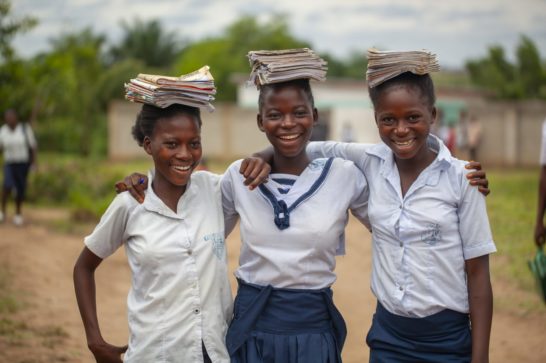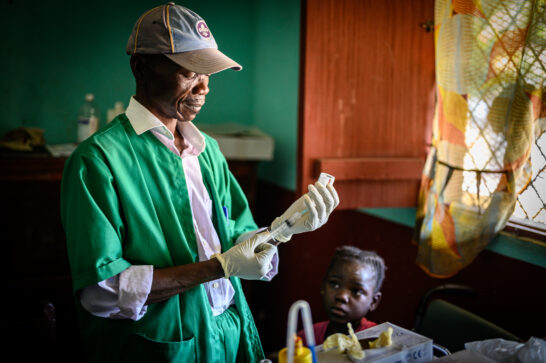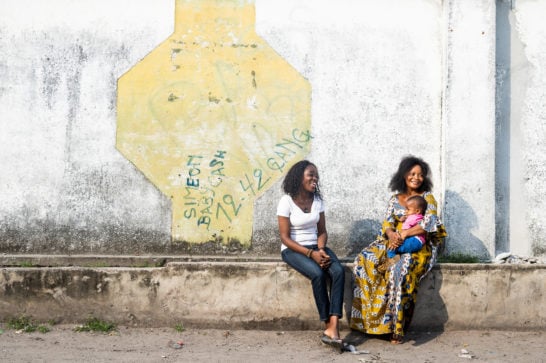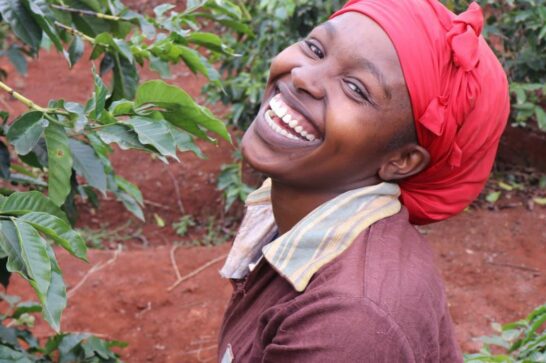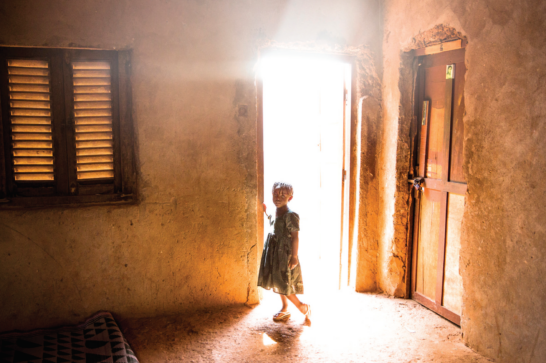WHERE WE WORKED IN THE CENTRAL AFRICAN REPUBLIC
In the Central African Republic, Cordaid used to work in seven prefectures. In Nana Mambere, Mbomou, Ouham Pende and Ouham in the northwest, Cordaid focused on improving basic health services and providing humanitarian aid, including water, sanitation and hygiene, shelter, food security, and protection to displaced people as well as host communities. In addition, we built and supported schools and safe spaces for children to learn and play.
In the southern prefectures of Mambere Kadei, Lobaye and Ombella Mpoko, we provided primary healthcare services and had programmes on advocacy and social cohesion and sexual and reproductive health care for youth. We also improved the livestock value chain, in partnership with the government and local partners.
In the Basse Kotto prefecture, we supported quality health services, built and restored clean water sources and promoted good hygiene practices for host communities and displaced people.
PARTNERS AND DONORS
We coordinated our work in close collaboration with the Central African government, including the Ministry of Health, Ministry of Education, Ministry of Humanitarian Action, as well as other development partners and NGOs, such as the World Bank, the Dutch Ministry of Foreign Affairs, the European Union, Fonds Békou, Misereor, OCHA, UNFPA, UNICEF, and Startfund.

